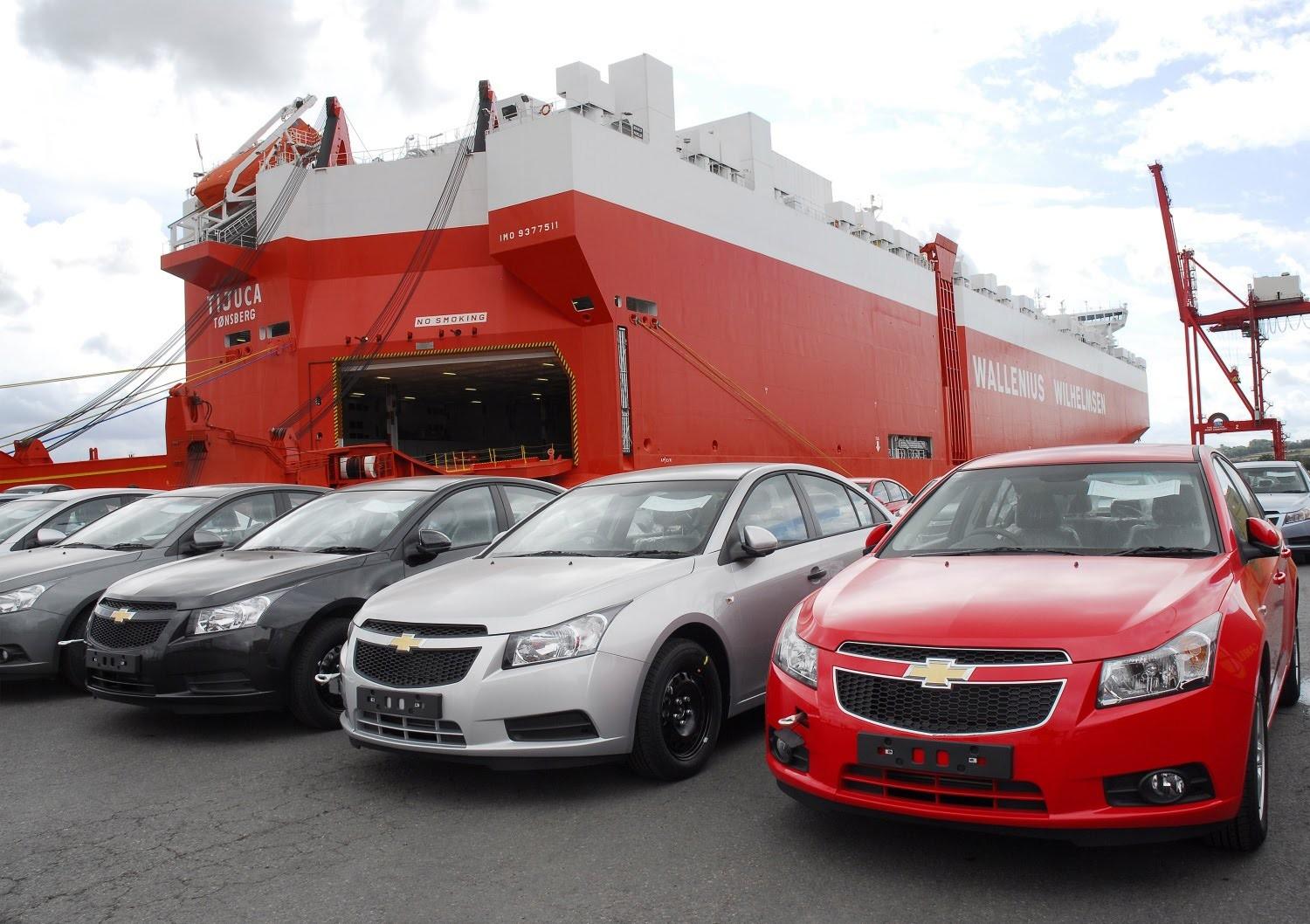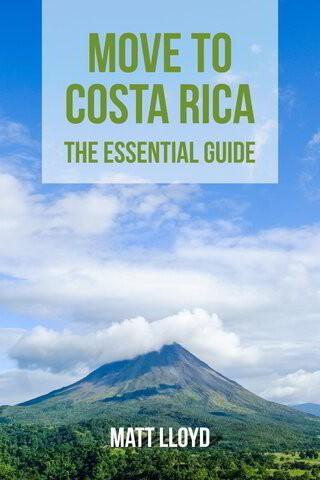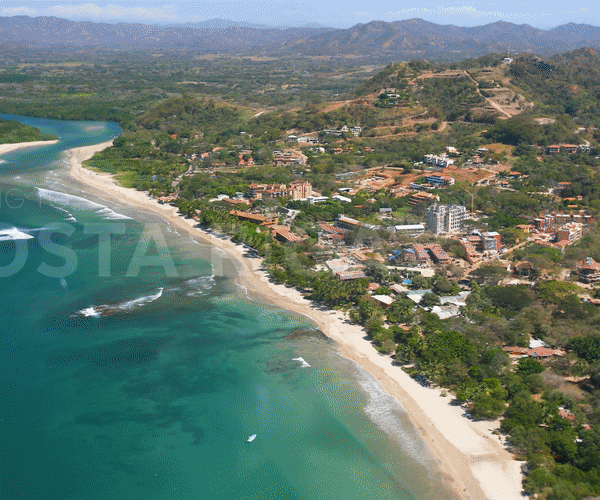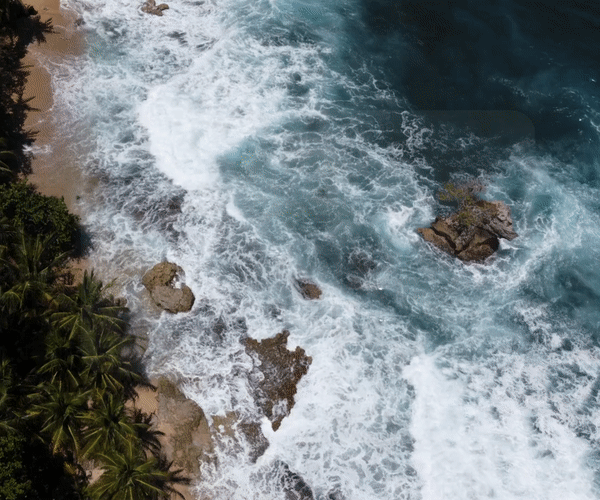COSTA RICA
LATEST ARTICLES
Should I Import My Car From North America or Buy One in Costa Rica?
Should I Import My Car From North America or Buy One in Costa Rica?
by Jeanne in Costa Rica

This is a question we had before our move and a question I often see on social media chat sites about Costa Rica. Bringing your car with you or buying in Costa Rica is a worthwhile decision to put some research into.
Ultimately, we chose to sell our car in the U.S. and buy in Costa Rica. Your decision will be based on your budget and the kind of car you have.
The Cost of Import From North America
The cost of importing a car to Costa Rica can be expensive. Aduana (the customs office) oversees the process of you importing your vehicle. You must prove legal ownership, and the title can’t have any liens that might interfere with importation. You can calculate what the standard percentages for freight charges will mean for you:
• Freight charges = 7% of the vehicle’s value
• Freight insurance = 1.5% of the market value + freight minimum)
• Freight duties (see below)
How the Costa Rican government values your car:
• Vehicles less than three years old = duty rate of 52.28%
• Between 4-5 years = 63%
• Older than six years = 79.02%
*NOTE— Law 9996 for the attraction of investors, renters, and pensioners grants benefits to those applying for residency.
This new law is designed to compel people in the above categories to come to Costa Rica and invest their money as an economic recovery in the post-Covid 19 pandemic period. "Investors, rentiers or beneficiary pensioners who opted for said benefits during the first five years of the law will keep them for a period of 10 years from the date they were granted," reads the new legislation.
Some of the incentives are the following:
• Tariff exemption and all import taxes are present for a single time to import household items.
• Beneficiaries may import up to two land, air, and/or sea transportation vehicles for personal or family use, free of all import, customs, and value-added taxes. In the event of loss of the vehicle due to theft, total destruction by fire, flood, collision, or accident during the term of the benefits, you may import another vehicle free of the indicated taxes.
• The amounts declared as income to qualify for the benefits of this law will be exempt from income tax.
• Exemption of twenty percent (20%) of the total transfer tax in those real estate acquired during the term of this law.
• Exemption from import taxes for instruments or materials for professional or scientific practice carried out by the person with the migratory category of investor, pensioner resident, or rentier resident. Before the Ministry of Finance, the person must demonstrate that what is imported corresponds to their economic activity and has criteria of proportionality and reasonableness.
While these incentives are helpful, you need to decide before shipping your car if you want to fit into one of the categories, investor, renter, or pensioner (retiree), including the stipulations that come with each one.
Bringing your car might be more manageable if you fit into one of the above categories and want to take advantage of the tax benefits. If you don’t want to take advantage of these incentives, comparing the cost of bringing your car v. buying in Costa Rica is still a legitimate exercise.
Buying a Car in Costa Rica – What to Know

When buying a car in Costa Rica, whether new or used, keep in mind a couple of things:
1. The roads in Costa Rica are rough. Even in cities, potholes and poor all-around maintenance are hard on cars. This means you can expect more maintenance issues than you’re used to, especially suspension, brakes, and new tires.
2. You won’t find parts easily for all brands. For example, parts are challenging to find if you drive a luxury brand, i.e., Volvo, Audi, Land Rover, Mercedes, etc. Of course, you can get them eventually, but it takes a long time.
3. Labor is inexpensive, but finding people who can work on luxury brands is also tricky.
We see luxury brands driving around and always wonder what the owners do when the vehicle needs maintenance or is damaged. The best cars for Costa Rica, meaning parts and labor are easiest to find, are Toyota, Hyundai, Suzuki, Kia, and Mitsubishi.
Buying a New Car
Buying cars in Costa Rica can be very expensive, especially new cars. Why? New cars are held to the same import duties as privately owned vehicles.
• Cost of shipping the vehicle.
• Insurance on the car while in transit
• The government adds 53%
• The car dealer has to add enough margin to make any profit.
This means that the cars that the prices you’re used to in North America are much higher in Costa Rica.
For example, a new Toyota RAV 4 (we have a used 2018 RAV 4) sells for $40,000. Once you add the 13% Value Added Tax (VAT) and the pre-paid Marchamo (the annual Costa Rican circulation permit), you’re looking at about $46,000 out the door.
Buying a Used Car
Our ex-pat experience –
After running the numbers, it didn’t take long to decide to sell our car in the U.S. and use the money toward a used car in Costa Rica. We bought our 2018 Toyota RAV 4 for USD 23,000 with 43,000 miles.
The car is manual (which I like on these roads) and has few bells and whistles, i.e., cloth seats and no backup camera.
We worked with an auto broker in San Jose. They were recommended to us by the relocation service we used. When buying a used car, here there are the steps we took and are similar to our friends’ experiences:
• First, the broker finds the car, inspects it, and offers a warranty.
• A lawyer transfers the title to your name.
Similar to buying a home in North America, but in Costa Rica, it’s also for automobiles.
• We were charged a flat fee of $1200.00 for her service.
We also selected a car that a company in San Jose previously owned, so the car had very little rough driving, unlike some of the country's more rural areas. The broker did all the work and worked with us through the deal while we were still in the U.S.
After landing in San Jose, we picked up the car by going to her shop. Present at the meeting were the broker, the attorney to transfer the title, and our new insurance agent to ensure we had all we needed.
It was one-stop shopping at its finest.
A Final Thought
Whichever option you choose, research it, ask others who have already moved to find out what they did, and always talk to a professional who knows the laws.
As with most things in Costa Rica that we’ve found so far, everything is doable as long as you take the time to research and always ask advice from a professional knowledgeable in the area you’re trying to decide.
Whatever you end up with, I wish you safe and happy driving!
Pura Vida! 🌺
About The Author
Jeanne and her husband, James, live in Costa Rica.
They moved from the USA to enjoy a slower and more relaxed pace of life, and soon after had found their new home.
If you'd like to meet fellow expats who've made the move successfully, consider attending the 7-Day 'Moving To Costa Rica' Relocation Retreat.





